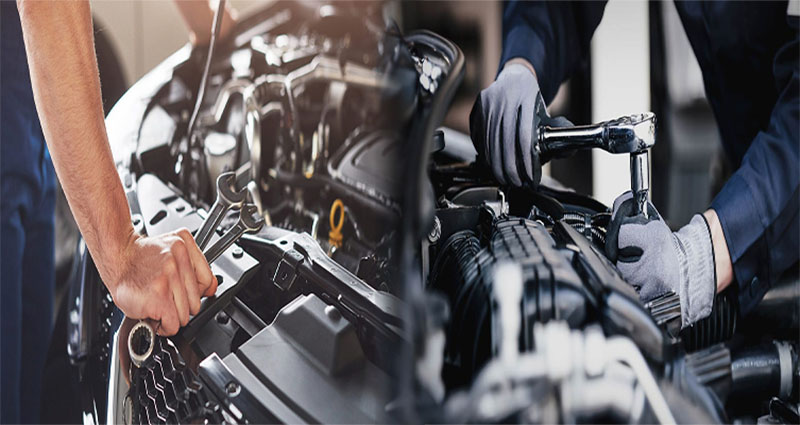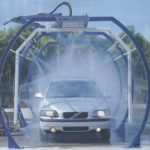As a skilled automotive technician, one of the most crucial aspects of your job is diagnosing and repairing engine issues in vehicles. An engine is often considered the heart of a car, and any problems with it can result in serious performance issues and safety concerns for the driver. In this article, we will delve into the key responsibilities and procedures involved in diagnosing and repairing engine issues.
Understanding the Importance of Proper Diagnosis
Diagnosing engine issues requires a combination of technical knowledge, experience, and the use of diagnostic tools. Without accurate diagnosis, it is nearly impossible to identify the root cause of an engine problem and provide an effective solution. Misdiagnosis can lead to unnecessary repairs, wasted time, and increased costs for the vehicle owner.
Skilled automotive technicians are trained to perform a systematic approach to diagnosing engine issues. They start by gathering information from the vehicle owner about the symptoms they are experiencing, such as strange noises, rough idling, loss of power, or warning lights on the dashboard. This initial information helps in narrowing down the potential causes of the problem.
Utilizing Diagnostic Tools and Equipment
Modern vehicles are equipped with complex electronic systems that can generate error codes when an issue occurs. Automotive technicians use diagnostic tools like OBD scanners to retrieve these codes and pinpoint the specific component or system that is malfunctioning. These tools provide valuable data that streamlines the diagnostic process and helps in making informed repair decisions.
In addition to diagnostic tools, skilled automotive technicians rely on their troubleshooting skills and technical expertise to perform a visual inspection of the engine components. They may conduct tests such as compression tests, leak-down tests, and fuel system tests to further diagnose the problem accurately.
Executing Repairs and Restoring Engine Performance
Once the root cause of the engine issue has been identified, skilled automotive technicians proceed with the repair process. This can involve replacing faulty components, repairing damaged parts, adjusting settings, or performing software updates for engine control modules. The goal is to restore the engine to its optimal working condition and ensure that the vehicle operates safely and efficiently.
During the repair process, automotive technicians adhere to manufacturer guidelines and industry standards to maintain the integrity of the vehicle. They also pay close attention to quality control measures to prevent any further issues from arising after the repair is completed. This attention to detail is critical in delivering high-quality service that meets the expectations of customers.
Diagnosing and repairing engine issues are fundamental duties of skilled automotive technicians. By using a combination of diagnostic tools, technical knowledge, and expertise, technicians can accurately identify engine problems and provide effective solutions. Through meticulous repairs and attention to detail, automotive technicians play a vital role in ensuring the safety and performance of vehicles on the road. The next time you encounter an engine issue, trust in the expertise of a skilled automotive technician to diagnose and repair your vehicle with precision and care.










